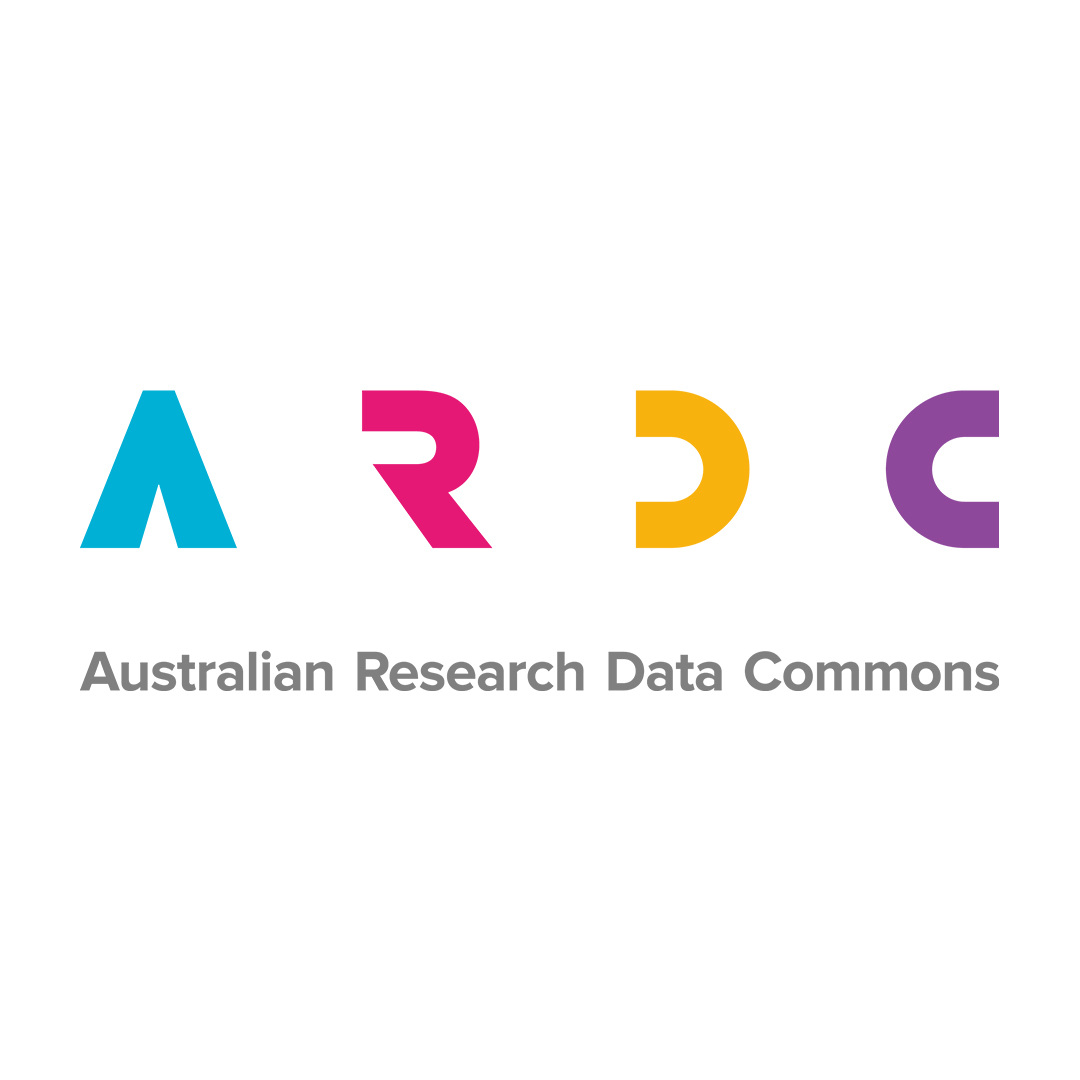Full description
Dataset originates from a Sequential Multiple Assignment Randomised Trial (SMART) designed to evaluate the efficacy of various interventions for young people at ultra high risk (UHR) of psychosis. The study was conducted across five Melbourne clinics, recruiting 340 participants who met the study criteria. The interventions assessed include Support and Problem Solving, Cognitive Behaviour Case Management, and antidepressant medication. The primary aim is to develop individualized treatment strategies that can effectively reduce the risk of progression to psychosis and improve functional outcomes. The randomisation process was protected to ensure treatment allocation remained concealed until participants progressed to Steps 2 and 3. The randomisation schedule was generated by an independent statistician using computer-generated random numbers. Blinding was implemented to mask participants, clinicians, outcome assessors, and data analysts from treatment allocation to maintain the integrity of the trial.Notes
HeSANDA 1.0.0 Subjects
User Contributed Tags
Login to tag this record with meaningful keywords to make it easier to discover
Identifiers
- DOI : 10.26187/DST8-CT59



